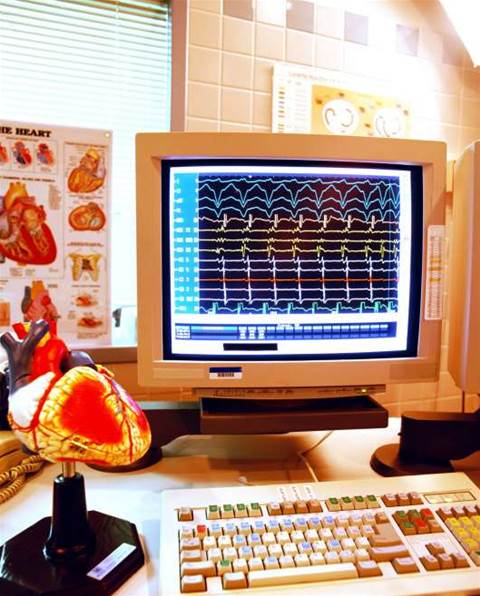Gerry Tucker, regional head APAC, Proofpoint told CRN that hospitals are eyeing new technology suspiciously, torn between improving internal and external communication and protecting patient records.
“It’s not just communication between doctors and patients, it’s between medical organisations, medical insures and other service providers. There are significant productivity gains to be made,” he said. “On the flip side is the issue of confidentiality and security of patient information.”
According to Tucker, the fact that healthcare professionals are generally not particularly tech savvy has also hindered the uptake of new technologies in this field. Proofpoint has consequently focused on ease-of-use at the R&D stage.
“In most cases they’re not technology people, their core business is delivering medical services. So we have to ensure whatever we’re delivering from a security point of view is easy to use and you have to balance that with making sure you are enforcing security policy that is in place or being developed within an organisation,” he explained.
Proofpoint has already established a presence in the US healthcare market, with its sights now set on Australian medical institutions, said Tucker. He noted that the main differentiating feature of the local landscape is the diverse structure that involves regulatory mechanisms at various government levels.
“The health industry in the US for us is huge, however in Australia you have certain components of the health industry under State and Territory control, individual practitioners … it’s a relatively complex industry,” he said.
Tucker claimed clients in the US are making gains in productivity whilst also complying with legislation and regulations in place around medical records. He added that Proofpoint solutions are also in line with organisation’s internal security policies and corporate governance.
Referring to Australia, Tucker said: “If you look at how our privacy laws are moving here in the Australian marketplace and the legislation being developed at a Federal and State level, there’s a growing focus and therefore a requirement to protect peoples records.”
Market research conducted in the United States revealed credit card records are trading for around US$2 on the black market, while medical records cost upwards of US$30. Tucker commented this has led to a rise in attempts to electronically infiltrate healthcare networks.
“Techniques for fraud have spread around the world quickly when it comes to electronic opportunities to do that,” said Tucker. “There are several issues when considering the topic of healthcare security – it’s regulatory, there’s corporate governance as well as potential for significant financial fraud.”
Security fears holding back healthcare
By
Leanne Mezrani
on Apr 11, 2008 1:46PM

Got a news tip for our journalists? Share it with us anonymously here.
Partner Content
_(21).jpg&h=142&w=230&c=1&s=1)
Empowering Sustainability: Schneider Electric's Dedication to Powering Customer Success

Guiding customers on the uneven path to AI adoption
_(27).jpg&h=142&w=230&c=1&s=1)
Promoted Content
Why Renew IT Is Different: Where Science, AI and Sustainability Redefine IT Asset Disposition

MSPs with a robust data protection strategy will achieve market success
.png&h=142&w=230&c=1&s=1)
How mandatory climate reporting is raising the bar for corporate leadership







.jpg&w=100&c=1&s=0)











